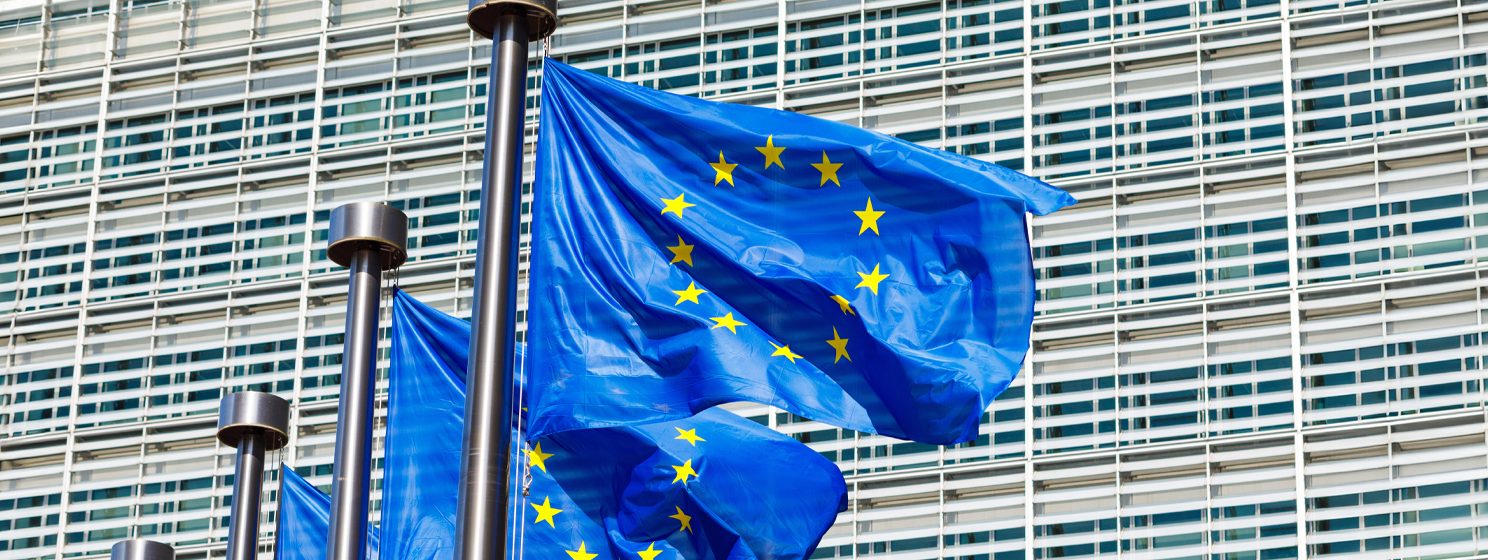|
Getting your Trinity Audio player ready...
|
In line with the government’s plan to make the U.K. a leading artificial intelligence (AI) player, Prime Minister Rishi Sunak is reportedly finalizing a deal with technology giants for a consignment of AI chips.
The U.K. government has opened negotiations with Nvidia (NASDAQ: NVDA), Intel (NASDAQ: INTC), and Advanced Micro Devices (AMD) (NASDAQ: AMD) to purchase up to 5,000 graphics processing units (GPUs), According to a Telegraph report. The U.K. is keen on using AI chips to establish an AI Research Resource center before the end of 2024 to foster local innovation in the industry.
Bolstered by a $130 million budget, the negotiations are spearheaded by the U.K. Research and Innovations, with talks with Nvidia said to be at an advanced stage. While the report did not disclose the specifications of the chips, pundits believe that the negotiations are for Nvidia’s latest class of AI chips with the pioneering HBM3e.
Despite the budget running into millions of dollars, critics have warned that the amount is insignificant in the long run if the U.K. wants to catch up with leading jurisdictions. Several independent studies have pointed out a lack of computing resources for researchers in the U.K., with only 1,000 chips available nationwide.
Early in the year, a government review recommended the purchase of up to 3,000 AI chips to remedy the nationwide shortage, but the Rishi Sunak-led Cabinet appeared to have other plans. Chancellor of the Exchequer Jeremy Hunt earmarked over $1 billion to build an exascale supercomputer with only a fraction of the amount budgeted for AI resources.
Ahead of the Autumn Statement, officials are expected to push for increased funding as the global AI race reaches a frenetic pace. Both Saudi Arabia and the United Arab Emirates (UAE) are in the race to purchase thousands of GPUs from Nvidia, running into the millions of dollars.
U.S. President Joe Biden signed an executive order banning private equity firms from funding AI research in China over fears that the investments could be deployed “to counter United States and allied capabilities.”
While countries are scrambling for AI dominance, Big Tech firms like Google (NASDAQ: GOOGL), Amazon (NASDAQ: AMZN), and Microsoft (NASDAQ: MSFT) also engage in a mad dash for AI chips with manufacturers racing to meet surging demands.
UK makes significant strides in AI
Acutely aware of the risks posed to Web3, health, finance, and education, the U.K. created a new AI task force in April.
“By investing in emerging technologies through our new expert taskforce, we can continue to lead the way in developing safe and trustworthy AI as part of shaping a more innovative UK economy,” said Prime Minister Sunak.
The government followed the move, announcing that it had secured early and priority access from Google for its upcoming AI products in a strong show of regulatory strength. Meanwhile, the country’s opposition government is pushing for even stronger regulations for AI, mandating that large language model (LLM) platforms should seek licensing before operating.
In order for artificial intelligence (AI) to work right within the law and thrive in the face of growing challenges, it needs to integrate an enterprise blockchain system that ensures data input quality and ownership—allowing it to keep data safe while also guaranteeing the immutability of data. Check out CoinGeek’s coverage on this emerging tech to learn more why Enterprise blockchain will be the backbone of AI.
Watch: Blockchain can bring accountability to AI as discussed by nChain’s Owen Vaughan & Alessio Pagani

 02-16-2026
02-16-2026 




